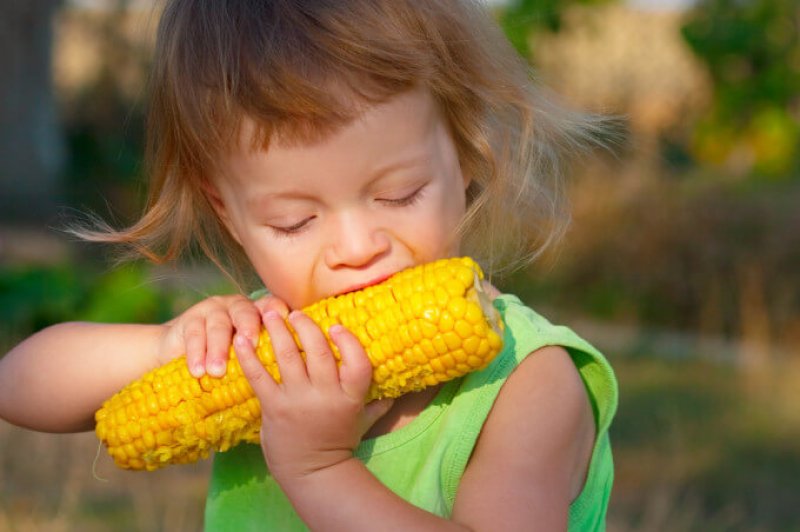The GLP aggregated and excerpted this blog/article to reflect the diversity of news, opinion and analysis.
. . . [M]ost Americans are unaware of the scientific consensus that there is no substantiated evidence showing that genetically modified foods are unsafe. And a majority of the public (58 percent) acknowledges having only a fair or poor understanding of genetically modified organisms (GMOs).
Those are among the findings of a recent survey of U.S. adults, which preceded Congressional approval of the GMO labeling bill and was conducted by researchers from the Department of Life Sciences Communication at the University of Wisconsin-Madison and the Annenberg Public Policy Center of the University of Pennsylvania.
. . . .
. . . fewer than 1 in 5 people . . . were aware of a report . . . issued on May 17, the day the survey commenced, by a committee of the National Academies of Sciences, Engineering, and Medicine. The study committee found “no substantiated evidence of a difference in risks to human health between . . . genetically engineered (GE) crops and conventionally bred crops…”
. . . [O]nly 1 in 5 people . . . agreed that scientists have not found any risks to human health from eating genetically modified foods. . . .
. . . .
The phone survey of 1,008 U.S. adults was conducted May 17-21 by SSRS . . . .
Read full, original post: Americans Support GMO Food Labels But Don’t Know Much About Safety of GM Foods































